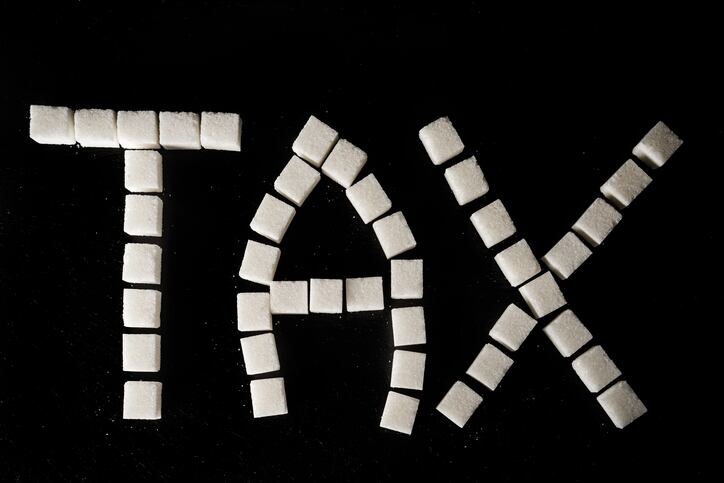Unhealthy diets and low levels of physical activity are among the main risk factors for major chronic diseases.
Diet-related diseases are placing a heavy burden on society. Obesity levels, for instance, have doubled since 1980 and, according to the World Health Organization (WHO), the cost is a staggering 2.8% of global GDP. In Europe, half of the region’s adults are overweight or obese and among children the numbers are equally concerning, with one-third of youngsters considered an unhealthy weight.
In Germany, over one-quarter of the population is obese, WHO data reveals. However, according to researchers at the University of Göttingen, German policy makers lag their international counterparts and have proven reluctant to make political interventions to support healthy eating habits.
While the Federal Ministry of Health and the Federal Ministry of Food, Agriculture and Consumer Protection have made the promotion of healthy lifestyles the main health and nutrition policy objective, the national action plan has focused on, among other things, a voluntary approach aimed at preventing advertising targeting children under 12 years of age and a code of conduct for advertising activities targeting older children and adolescents. Authorities have also made some consumer education efforts and introduced a school fruit scheme. But policy makers have stopped well short of ‘serious interventions’ such as the introduction of taxes.
“Politicians have often rejected the calls from medical organisations and health insurance companies for decisive action in the fight against unhealthy eating by pointing to a lack of social acceptance,” explained Dr Anke Zühlsdorf, who project managed the Göttingen study into social attitudes to nutrition policy.
“This generalisation is too sweeping.”
Nutrition policy has ‘broad based support’
In an online survey, researchers from the Marketing for Food and Agricultural Products research group at the University of Göttingen asked more than 1,000 consumers about various measures currently under discussion, such as advertising bans on children's food with high sugar content, or sugar and soft drinks taxes.
The respondents were selected to ensure that they matched averages within the German population in terms of age, gender, education and region. Overall, over 60% of those surveyed were in favour of nutritional policy action by the state. Depending on the policy, approval ratings ranged between 34 and 79%.
A quarter of those surveyed were ‘indifferent’ to nutrition policy proposals and 11% were fundamentally opposed.
Drilling down into the numbers, the researchers used cluster analysis to group respondents into five different target categories based on general acceptance of policy interventions and their own struggle to eat healthily.
“A key research finding is that people's opinion about food policies does not necessarily depend on how difficult it is for them to eat a healthy diet,” the researchers noted.
The study’s findings draw into question the assumption that people with a sweet tooth, for instance, are more likely to oppose a sugar tax. Around 17% of those surveyed who reported such tendencies clearly support wide-reaching state controls. Around 12% reject them.
For people who eat a healthy diet, 33% are in favour of nutritional measures. But here, too, 12% opposed their adoption.
“This shows that the perceived own struggle to eat healthily does not predict whether consumers accept nutrition policy interventions,” the paper concluded.
"Our research shows that nutrition policy has broad support among the population, but that this support is based on different motives," observed Kristin Jürkenbeck, lead author of the study.
Source
'Sugar tax has more public support than expected'
Nutrients
DOI: http://dx.doi.org/10.3390/nu12020516
Authors: Kristin Jürkenbeck,Anke Zühlsdorf and Achim Spiller




